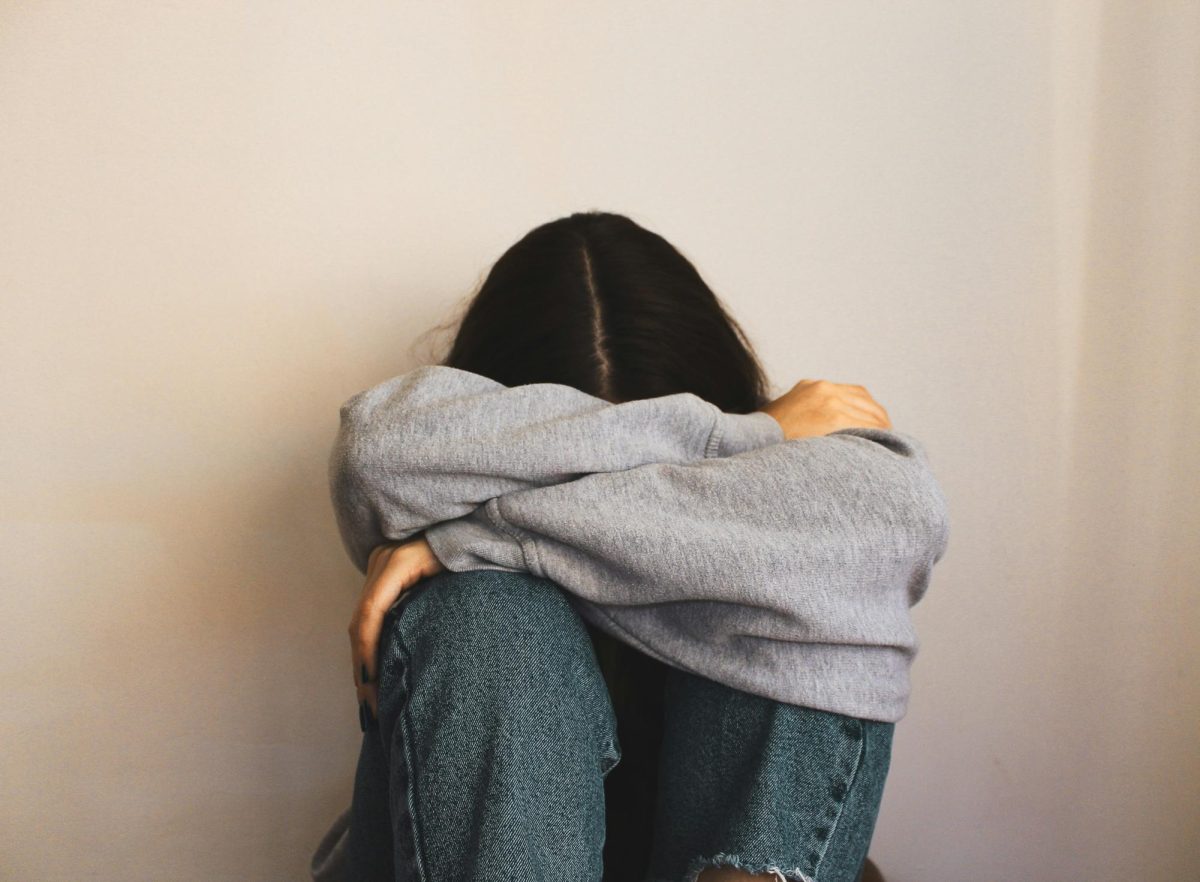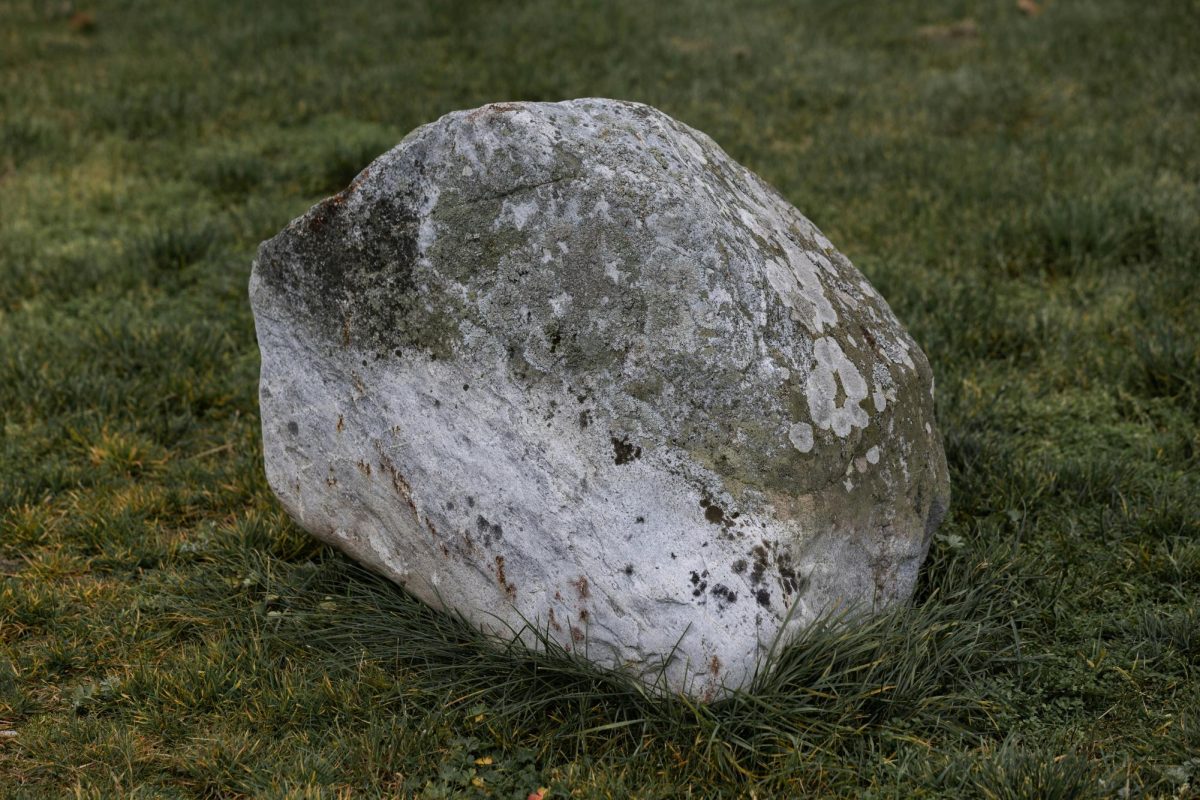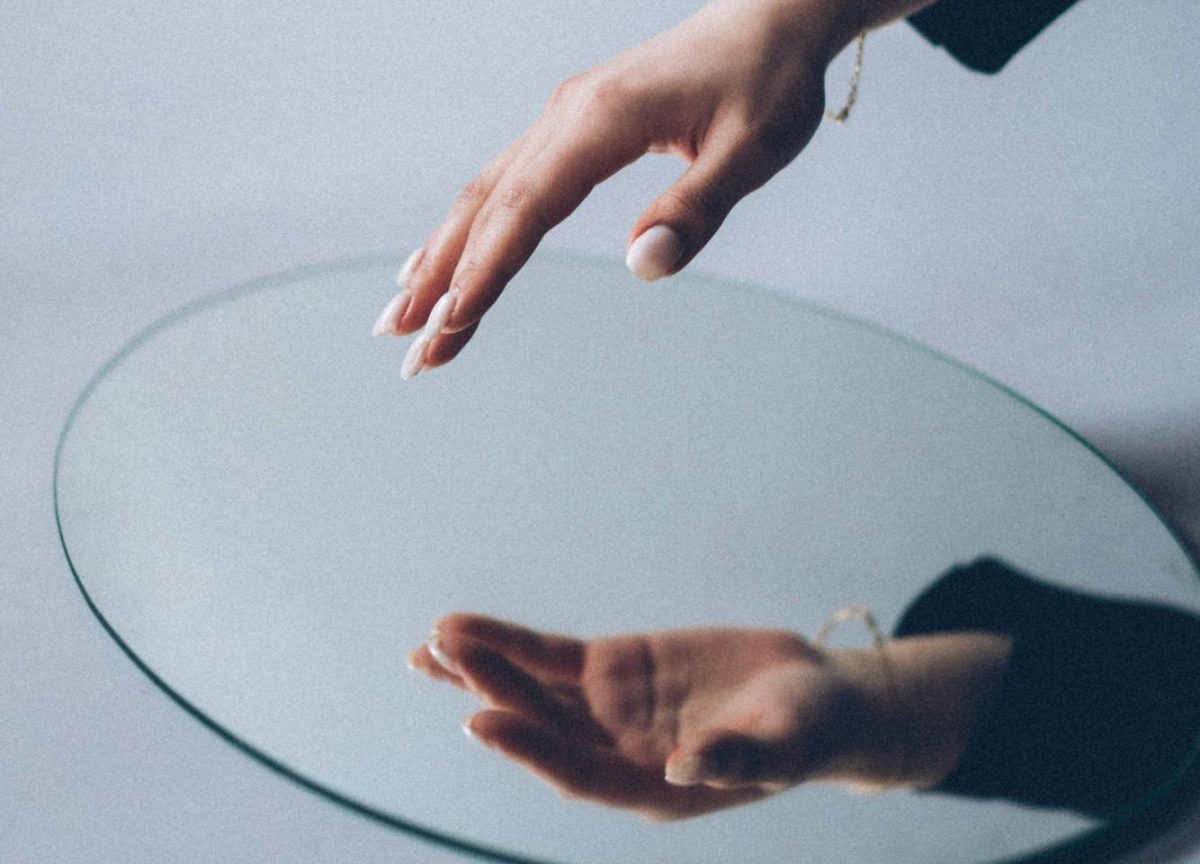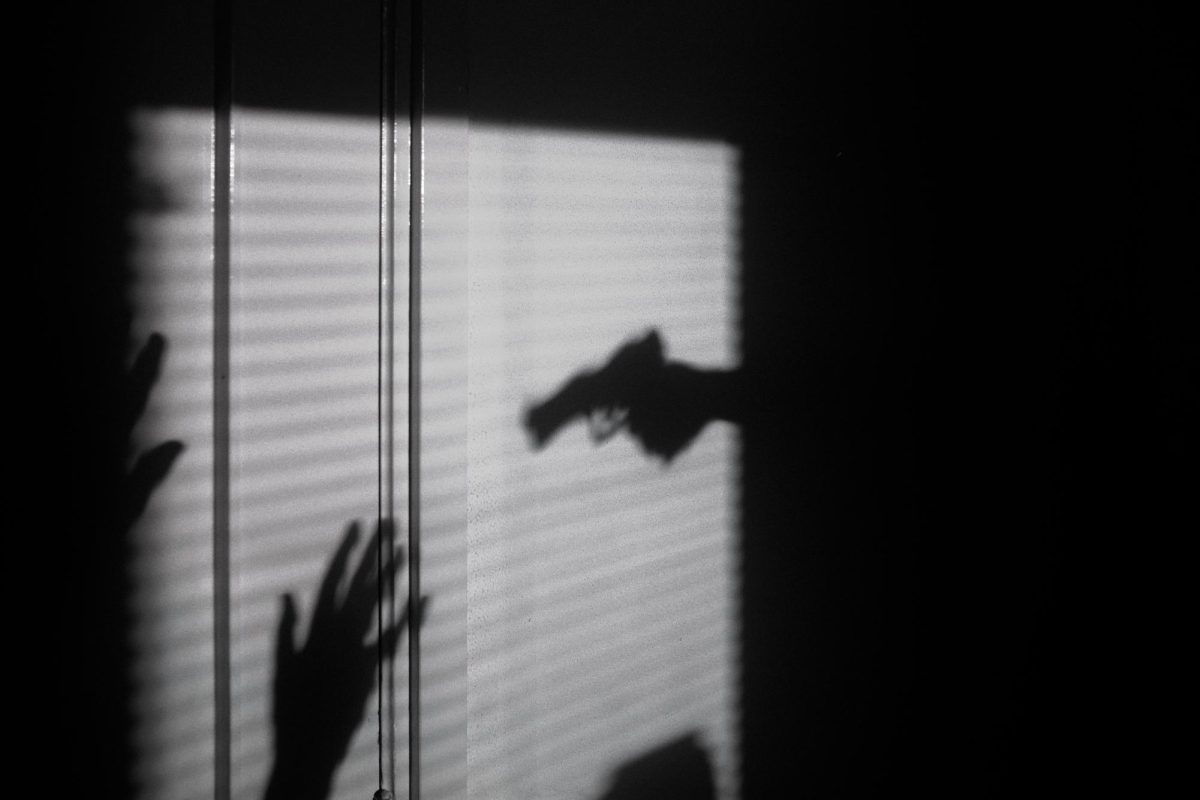Self-reflection is one of the most powerful stages of self-growth because it acts as the catalyst for development. To improve oneself, it’s essential to recognize what exactly needs improvement. Think of it like the first draft of an essay—without feedback on specific parts, how could you possibly know how to make it better?
Sadness, often seen as a purely negative emotion, plays a vital role in this process. While many of us instinctively avoid feeling down, it’s worth considering that sadness can be a stepping stone to growth, understanding, and even happiness.
Some might claim they are always happy, but let’s be honest—they’re probably not. Sadness is a universal human emotion, experienced by everyone to varying degrees and for countless reasons. The way we handle sadness, however, differs greatly from person to person. Some seek the comfort of a friend or family member to talk through their emotions, needing that reassuring shoulder to cry on. Others find clarity in quiet moments spent alone, reflecting on their thoughts.
Personally, I find that my deepest self-discoveries come from these solitary moments. Don’t get me wrong—I love ranting to friends about what’s been bothering me, but true clarity often comes when I’m alone, recognising the true origins of my feelings and making sense of them. Everyone processes sadness differently, which is why there’s no “manual” for navigating it.
Sadness slows us down, but not in a bad way. It forces us to confront our emotions head-on. In a world that often feels like it’s moving way too quickly, this pause is invaluable. When you’re sad, you’re more likely to ask yourself the tough questions: Why do I feel this way? What triggered this emotion? What can I learn from it? This process of introspection not only helps us understand ourselves better but also equips us to handle future challenges with greater clarity and resilience.
When sadness takes hold, it has a unique way of shifting our perspective. It reminds us of our vulnerabilities and humanity, helping us build empathy for ourselves and others. Think about how a rainy day can make you appreciate sunshine even more. Similarly, experiencing sadness often enhances our ability to savor moments of happiness and joy. It’s this emotional contrast that gives life its richness and depth.
Sadness isn’t a bad emotion to feel—it’s a sign of being human. Embracing it doesn’t mean wallowing in despair but rather recognizing its role in our emotional cycle. By allowing ourselves to feel and process sadness, we give ourselves the opportunity to grow, change, and ultimately, thrive.
So the next time you find yourself feeling sad, remember: there’s an upside to feeling down!








Catie Kelly • Dec 9, 2024 at
Very interesting article!